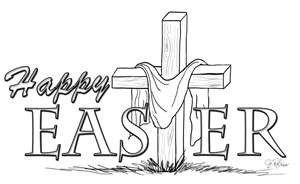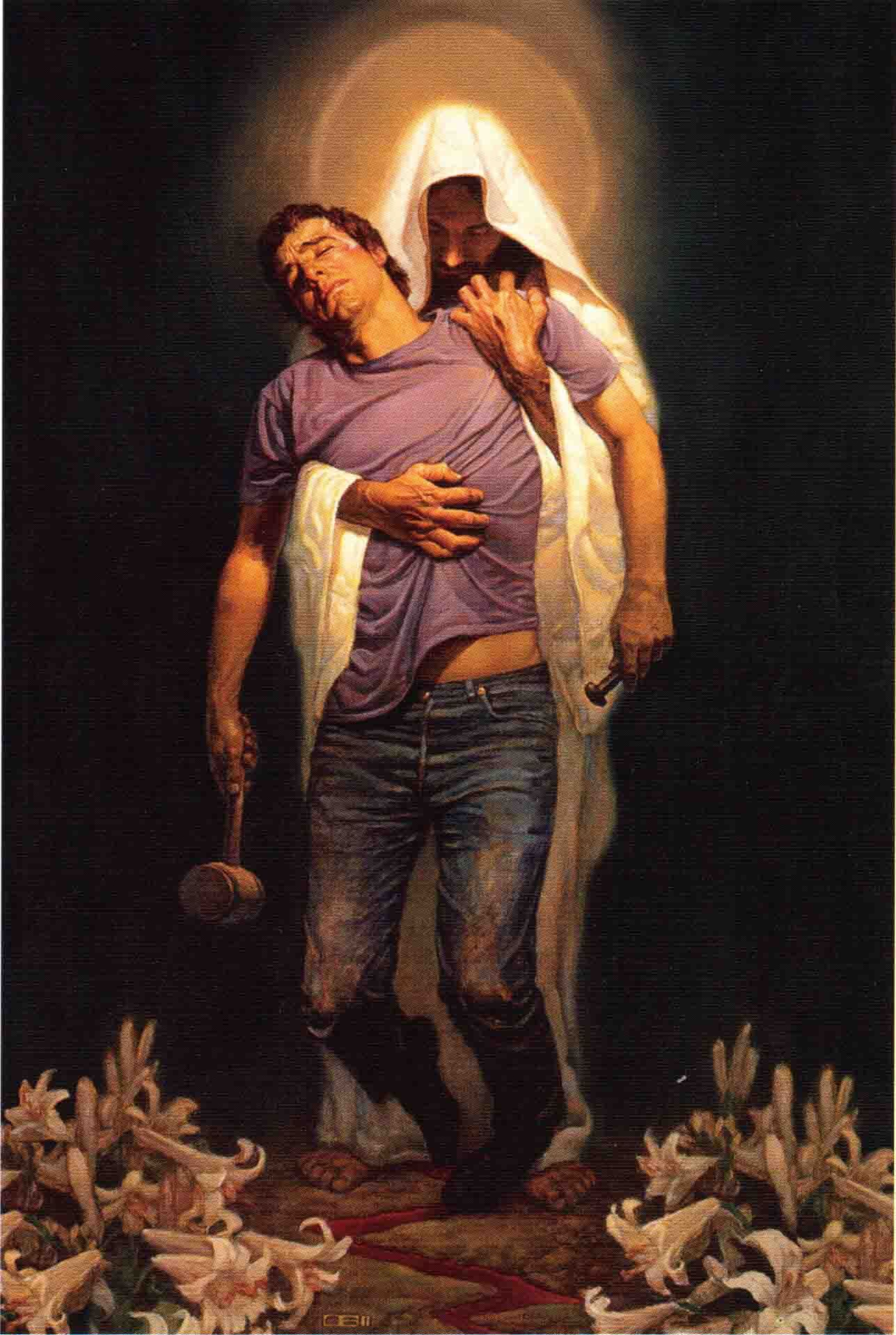22nd Sunday of Ordinary Time

Owner Making an Honor with a Humble Inner Outfit
Joke: Story told that when we die, we are given some chalks to write all our sins while we’re climbing up on a ladder leading up to heaven. There was a parish, the president of the finance committee died not too long after the pastor died. The president met Saint Peter at the bottom of the ladder handing him chalk to write down his sins while climbing up the ladder leading to heaven. While he was climbing up and writing down all his sins, he suddenly saw his pastor coming down the same ladder. He asked his pastor why he was coming down. The pastor replied, “I’m coming down to get more chalk.”
In today’s Gospel, Jesus went to dine at the home of one of the leading Pharisees, Saint Luke reports in his writing. He observed and saw people choosing the places of honor at the table. To them, he taught a lesson of humility saying, “When you are invited by someone to a wedding banquet, do not recline at a table in the place of honor.” What did he mean not to choose a place of honor when they were invited to a wedding banquet? Don’t we all want to be recognized for our presence at any function reception including weddings? Who is the one that would be honored? Who is the one deciding to honor anyone, especially at the heavenly banquet? Who were these people that Jesus focused in this story?
To answer these questions, Jesus invites us to join him in a wedding banquet that he and his apostles were invited to. The people that Jesus focused in this wedding banquet were the distinguished guests, the high-class guests, the scribes, and the Pharisees, especially the Pharisees who always thought and believed that they were the holy ones and knew the laws. Jesus particularly focused on these Pharisees because the wedding banquet was prepared at the home of one of the leading Pharisees. As people with an important status in society, they often chose a seat of honor at a banquet.
Since they were the ones with higher status in society, they were right so to choose an honored seat at any high function reception such as a wedding banquet. It was a usual gesture to make in that culture at that time. It seemed normal, but why did Jesus mention this in his teaching? The owner of the wedding banquet was the one who knew better who should have a better seat at the banquet than any other ones invited. However, this is just the banquet here on earth that Jesus wants to redirect our attention to the banquet in heaven where God is the owner of that banquet. He is the only one who decides who is honored and who is not in his heavenly banquet. Nobody else has that privilege except God himself.
In this walk of life, we might be vested with many different outfits, the outfit of beauty, the outfit of money, the outfit of talent, and the outfit of status in society. We often judge one another through the appearance of our outfits. However, God looks into the depth of our beings and not from appearances. At the banquet in heaven, he will not look at our physical outfit, the outfit that the society and the culture vest on us, but he will focus on our inner outfit.
So, what is our inner outfit if it’s not our humility to acknowledge the need for God in our life? How would we recognize that we need God in our life? In today’s Gospel, Jesus reminds us saying, “When you hold a lunch or a dinner, do not invite your friends or your brothers or your relatives or your wealthy neighbors, in case they may invite you back and you have repayment. Rather, when you hold a banquet, invite the poor, the crippled, the lame, [and] the blind; blessed indeed will you be because of their inability to repay you.” In chapter five of Luke, Jesus reminds the Pharisees, the Scribes, and his disciples and every one of us saying, “Those who are healthy do not need a physician, but the sick do. I have not come to call the righteous to repentance but sinners.”
The book of Sirach from today’s first reading also reminds us of the teaching of the father saying to his child, “My child, conduct your affairs with humility, and you will be loved more than a giver of gifts. Humble yourself the more, the greater you are, and you will find favor with God.” In other words, in all we do and say in our life, we are invited to conduct them with humility. It is even better than the gifts that we offer at Mass. It is better than the prayers that we say each day. It is better than the time we spend reading the words of God in Scripture. When we conduct our words and deeds with humility is when we find favor with God. The question is: How would we conduct our words and deeds with humility? Learn to accept criticisms when someone presents them to us. If it’s a nice criticism, thank them. If it’s bad criticism, don’t quickly get mad, but be patient and examine ourselves (if there is smoke, there is fire.)
We might wrongly place honor on someone here on these earthly banquets. But in heaven, God is solely one who makes the honor of someone according to his or her good words and good deeds on earth. He will judge us not by our society’s status or cultural favor, but he will judge us through our inner outfit with humility. So, how would we vest our inner outfit if it’s not with humility? The decision is yours.








